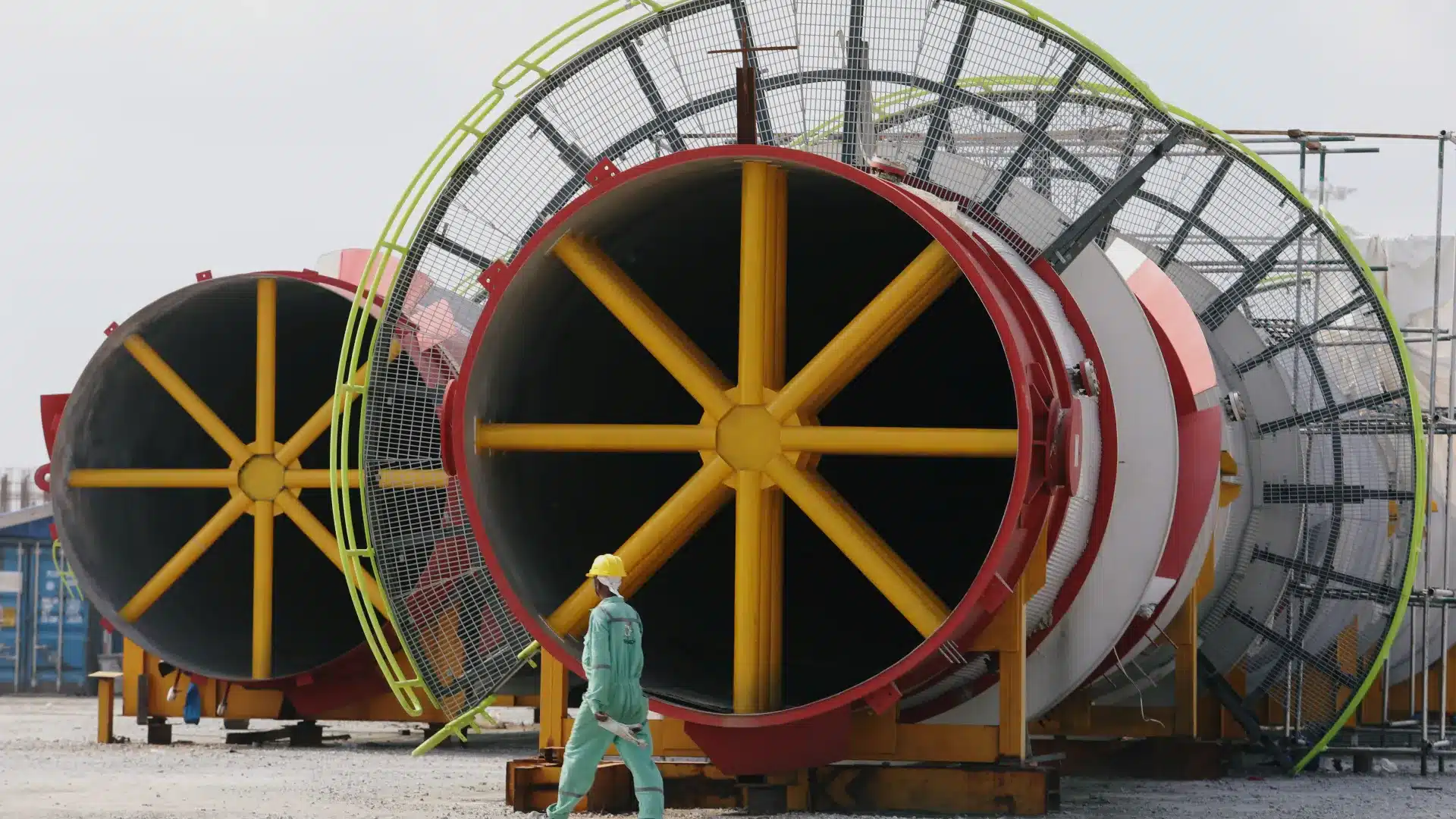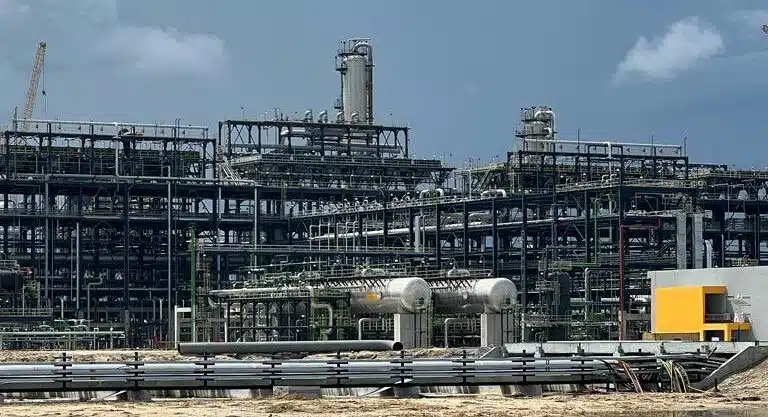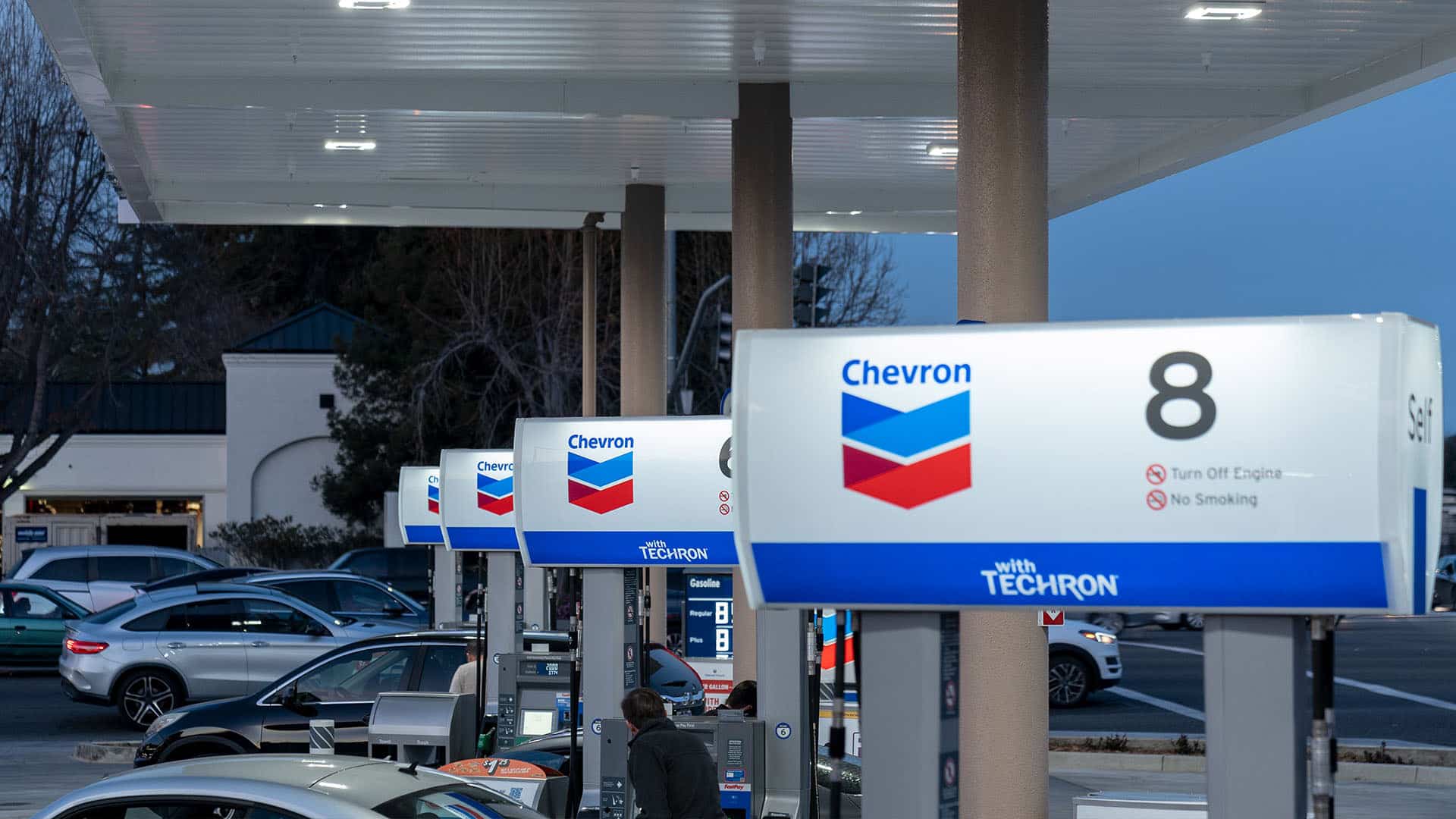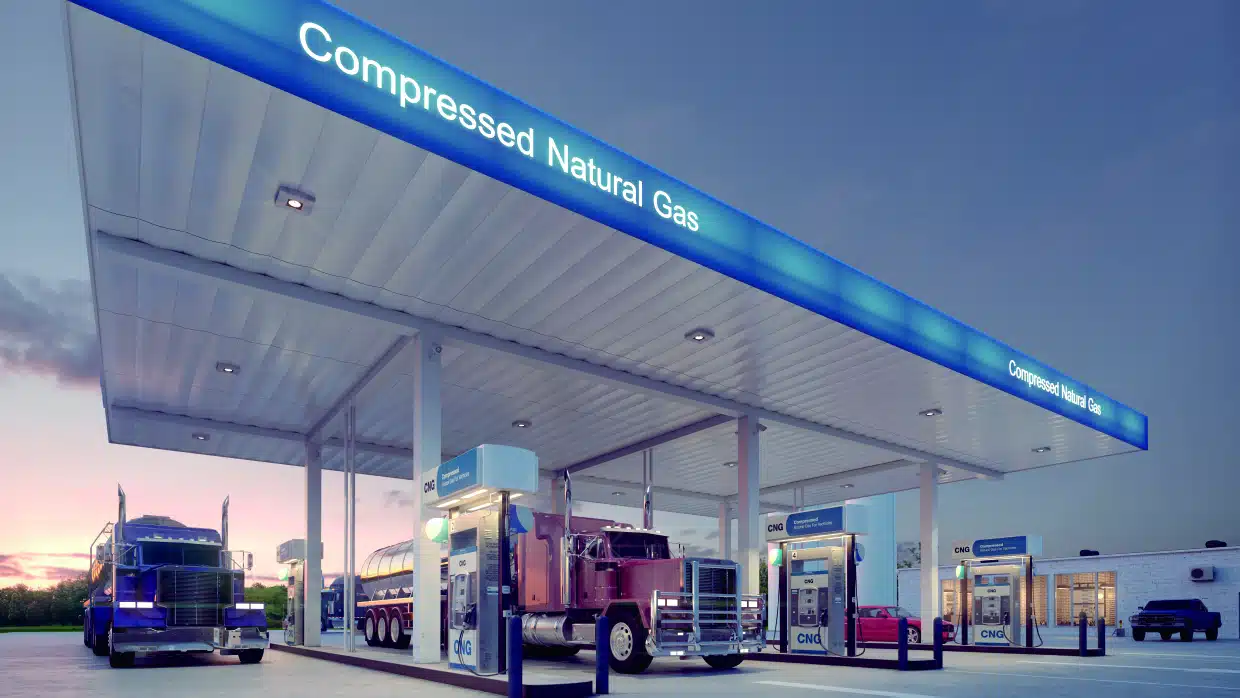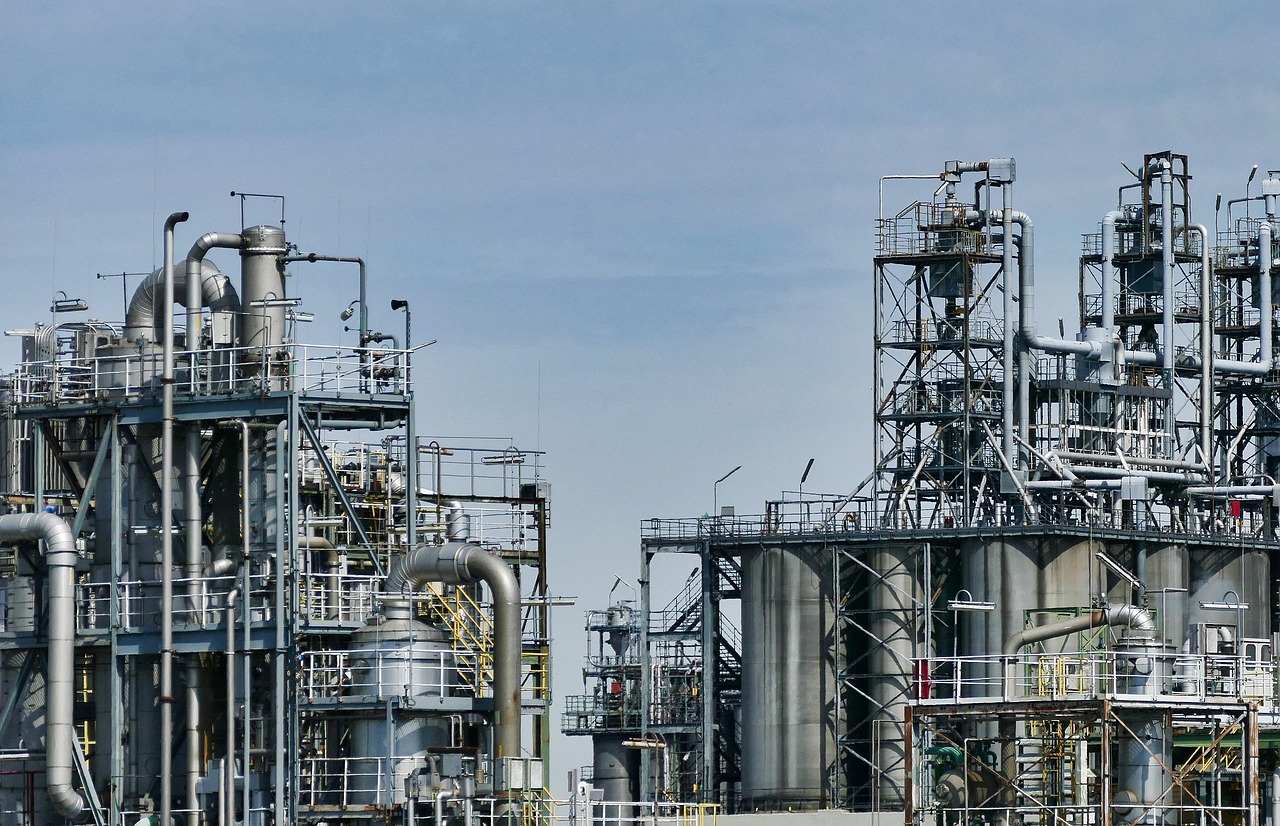Nigeria’s Dangote Refinery has shut its gasoline producing unit after catalyst leaks and other technical issues, with repairs expected to last at least two weeks, two industry sources familiar with the matter said.
The 650,000 barrels per day (bpd) plant took its Residue Fluidised Catalytic Cracking Unit (RFCCU), which produces 204,000 bpd of gasoline, offline around 29 August, according to industry monitor IIR Energy.
The sources, who requested anonymity because they were not authorised to speak publicly, said the unit would remain down while repairs were completed.
Dangote has not yet issued a statement on the incident.
Dangote’s repair may affect global supplies
The shutdown comes at a time when the refinery was preparing to export its first cargoes of gasoline to the United States.
Ship tracking data from Kpler showed the initial shipments were scheduled to arrive in New York later this month.
The outage has already affected fuel markets.
The length of the repair is tightening gasoline supply in the Atlantic Basin and lifting profit margins for refiners in the United States, market participants said.
On Wednesday, the US gasoline futures crack spread the difference between the price of gasoline and crude oil rose nearly 3% to its highest level since 19 August.
The spread had climbed more than 8% the previous day.
Frequent setbacks since start up
The refinery, owned by Africa’s richest man Aliko Dangote, began operations in 2024 with the aim of reducing Nigeria’s dependence on imported fuel.
The plant is designed to process large volumes of crude oil and reshape trade flows of refined products in Africa and beyond.
However, it has faced repeated technical problems since commissioning. In May, Reuters reported that the RFCCU was expected to operate at lower rates through October after earlier faults.
Industry officials noted that the recurring setbacks have raised concerns about the reliability of the refinery in meeting both domestic and export fuel needs.
Despite these challenges, the plant remains a key part of Nigeria’s plan to cut reliance on imported petroleum products.
The government has long faced shortages of foreign exchange due to large volumes of fuel imports, and officials see the refinery as central to reversing this trend.
The temporary shutdown of the gasoline unit adds pressure to both local and international markets, underlining the scale of impact from any disruption at the refinery.

